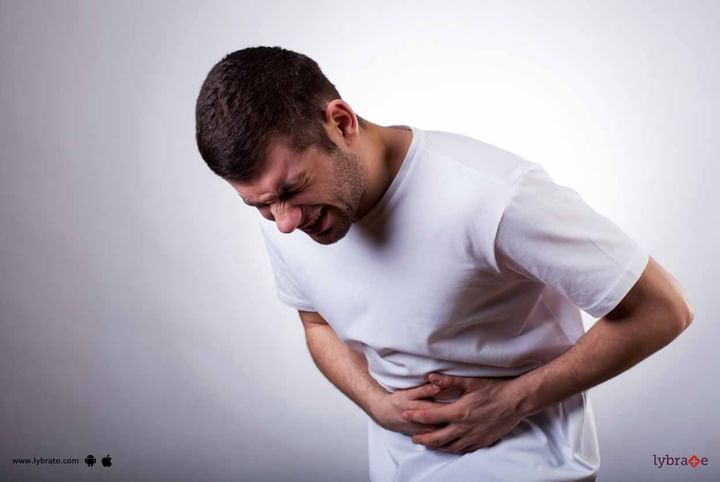Piles - An Overview!
PILES
Piles are also known as Hemorrhoids. These are normal cushions of the anal opening. When they swell they are called as piles. Piles contain supportive tissue, blood vessels, muscle and elastic fibers. Piles occur due to increased intra-abdominal pressure such as due to constipation, lifting heavy weights, etc. Piles can be graded on a scale from I to IV:
● GRADE I: These are small, invisible inflammations inside the lining of anus having painless bleeding or itching with no prolapse.
● GRADE II: These are larger than grade I, but they may protrude out while passing the stool and retract back into the body upon completion of bowel movement.
● GRADE III: These appear outside the anus and one can feel them hanging from the rectum.it does not retract of its own but they can be easily re-inserted.
● GRADE IV: Grade IV piles can not be pushed back. It needs treatment. They are huge and remain hanging outside the anus.
Symptoms of Piles
In some of the cases, the signs of piles are not very serious and normally resolve within a few days on their own. An individual suffering from Piles can experience one or more of the following:
● A lump can be felt around the anus and it may contain blood.
● After passing stool, patient still feels that the rectum is full.
● The area around the anus is itchy and red.
● There may be mild to moderate pain while passing a stool.
● If the piles are severe, one will experience excessive anal bleeding.
Causes of Piles
Piles are caused by an increase in pressure in the lower rectum. This may occur:
● When one passes a stool less than 3 bowels in a week, that leads to chronic constipation.
● When one passes a loose stool for around 4 weeks, that leads to chronic diarrhoea.
● If a person is lifting heavy weights during exercise or any other work.
● It can happen at the time of pregnancy.
● It can also happen when one is forced to pass a stool.
● It can also happen as a consequence of cancer in the lower part of large bowel.
Treatment of Piles
A doctor can usually diagnose piles after going through a physical examination or even a digital rectal examination. In most cases, it resolves on its own. However, some treatments are there which lessen the itchiness. Some of the popular ones are listed below:
● The initial recommendation by a doctor is to change one’s lifestyle, this can cure piles in grade I and II easily and effectively.
● A change in diet can also help easy bowel movement.
● Losing body weight may help reduce the incidence of piles.
● Regular exercise may lead to passing of the stools easily.
● Doctors may prescribe some laxatives that will help pass the stool easily without extra force.
● If it does not get treated with any medication, then surgery is sometimes the only option.
Surgery
No surgery is required for Grade I. For Grade II piles can be treated with LASER. Grade III and IV piles can be treated with Conventional methods like excision of haemorrhoides, LASER haemorrhoidopexy, DGHAL or Stapler Haemorrhoidopexy. Bleeding piles does require treatment because bleeding may cause anaemia and further complications which may sometimes be life threatening.



+1.svg)
